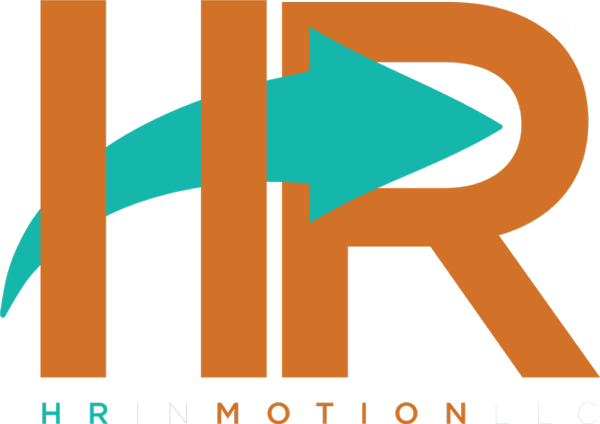Why Your Company’s Onboarding Process Matters
I had the worst onboarding experience at my last job. There were really no processes and systems in place, and there was a line of demarcation between the original staffers and the newbies, so the turnover rate (of the new employees) was super high because of the executive team’s inability to create better processes that weren’t intuitive to those who had been with the organization from its early years. Even after being initially frustrated, it wasn’t a complete dealbreaker, but I hated that the executive team wasn’t open to feedback about why new employees were so confused about efficiency and finding information when needed. All of this is to say that my onboarding experience took me down a very lonely and frustrating path. While I loved the company’s mission, I hated its onboarding process, especially because they were unwilling to adjust, which ultimately led me to resign.”
– Anonymous

It’s a story we’ve (unfortunately) heard so many times, especially in more recent times with companies transitioning to being partially or fully virtually. Most business owners are blind (or are turning a blind eye) to their onboarding process when they are in the weeds of trying to recruit or retain new talent, keep clients happy, and keep the office lights on. Adding another task to your list can be overwhelming, but assessing your company’s onboarding process is essential to creating a legacy-driven organization. We’re sharing three reasons why your company’s onboarding process matters and should be updated sooner rather than later.
The Onboarding Process Affects Retention
We’ve had several years’ experience conducting our clients’ exit interviews and have consistently heard that employees are long affected by the company’s onboarding process, even if they stay with the company for six months or more. Many employees cite a “lack of information about the internal processes” as the springboard to traveling down a hole of frustration and inefficiency. And without uncovering the more intuitive and institutional expectations and practices, employees start on the wrong foot and often never recover.
Consider that you have selected this person to come on board and to utilize their specific set of skills to push your organization’s mission forward. Without giving new employees clarity on the company culture and internal processes (both written and inferred), a new employee will have a limited vision of where they fit into the company and how to accomplish tasks best.

The Onboarding Process Affects Recruitment
The Great Resignation has urged many employers to reshape and refresh the employee side of their brands. The recruitment process is at the forefront of the employee experience, and without refining and improving onboarding, employers risk weakening their recruitment efforts.
The interview process during recruitment is an opportunity for candidates and hiring managers to assess whether the role and organization will be a good fit for both parties. From the company’s perspective, your questions should help you to identify a candidate’s strengths and shine a light on whether there is a need in your company for their skillset.
During this process, a candidate expects to receive information about the origins of the company and how the company operates holistically. A seasoned candidate will spot the red flags in organizational development, internal processes, and systems based on the interview questions they are asked and the answers they are given when they ask their questions as well.
We recommend hiring an HR professional to test and assess your current recruiting and onboarding practice to find and report holes in those processes. You may even find that an employee survey with questions about their personal hiring experience can help with gathering information about how you can improve the process.
The Onboarding Process Affects Your Company’s Legacy
We’ve all heard the saying, “How you do one thing is how you do everything,” and we couldn’t agree more. The onboarding process is your company’s introduction to your new employee. Suppose an employee perceives the onboarding process to be sloppy or ineffective. In that case, it will be no surprise that they perceive the company to operate inefficiently as well and later decide to start looking for a new job.
Just because you are hiring someone to work for you doesn’t make their first impression of the company any less important than a potential client’s impression. As a business owner, your employees are usually more client-facing than the CEO, which means that your company’s legacy is impacted by their ability to be efficient and knowledgeable. Without the right information, tools, systems, and processes, the health and longevity of your company are most certainly at risk.
Successfully managing your human capital should be at the forefront of your mind as you begin to think about succession planning and your company’s future. Assessing and improving your company’s onboarding process is key to retaining and recruiting great employees, and we are always here to assist with that process.
Email us today to schedule a consultation!




